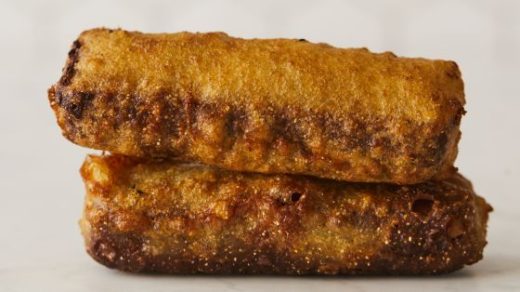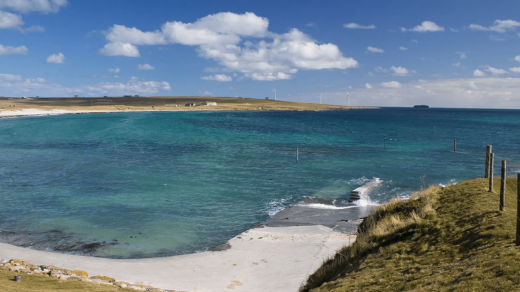Who Hanged Mark Devlin?
In the 1830s, a ruthless gang of criminals who called themselves the Black Band dominated the city of Dundee. Since Dundee only had 14 police officers, it wasn’t difficult for the Band to indulge their penchant for robbery and rioting.
The law got a break in 1835, when they caught a Black Band member named Mark Devlin breaking into a property and decided to make an example of him. Devlin was tried and sentenced to death by hanging. That was a bit of a problem, though, because Dundee didn’t have a hangman. Hanging had been used by the English to execute supporters of Scottish rebels, so no one in Dundee wished to be associated with it.

They arranged for a hangman to travel from Edinburgh and made a makeshift platform on the side of a local Guild Hall. When the executioner didn’t show, officials scrambled to find a replacement. A man identified as local showman James Livingstone volunteered, and Devlin was sent to meet his maker. Livingstone’s reputation tumbled quickly as a result, which didn’t make him too happy, because Livingstone had actually been 24 kilometers (15 mi) away in the neighboring town of Forfar at the time. He had reliable witnesses who saw him there, and he was eventually able to persuade everyone that he wasn’t even present at Devlin’s hanging. But who did hang Mark Devlin? Nearly 180 years later, we don’t know and likely never will.



